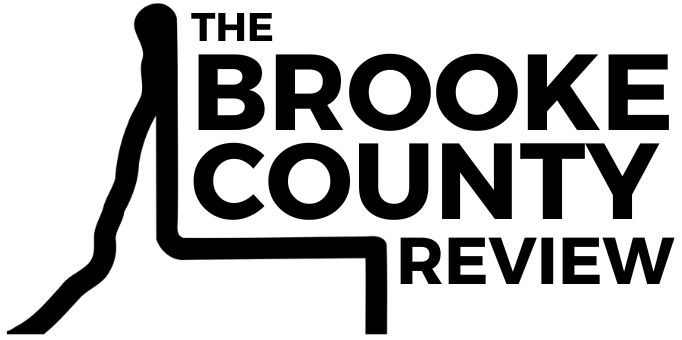WV Press Release Sharing
CHARLESTON, W.Va. – Marshall University’s Bill Noe Flight School is hosting a roundtable event for those concerned with a burgeoning new industry called Advanced Air Mobility (AAM), which includes autonomous cargo operations such as the delivery of services by drones.
The two-day event is today and Tuesday, Feb. 7, from 9 a.m. to 5 p.m. each day at the flight school at 600 Eagle Mountain Road in Charleston, W.Va., near Yeager International Airport. Opening day speakers will include Bill Noe, Chief Aviation Officer at Marshall University; Mike Graney, Executive Director, West Virginia Department; and West Virginia State Sen. Chandler Swope, Mercer County (R).
A complete list is below.
The University of Texas – Austin and MIT Lincoln Laboratory are holding this NASA University Led Initiative (ULI) sponsored program, “Autonomous Aerial Cargo Operations at Scale CONOPS Roundtable.” The roundtable will collect local stakeholder feedback to inform and validate a research CONOPS. UT-Austin is the Principal Investigator (PI) and is holding the roundtable in West Virginia because many local stakeholders reside in the Appalachian area. Vertx Partners is helping to coordinate the event, identify stakeholders and advance this industry in West Virginia.
AAM provides an outsized opportunity for Appalachia. The growth and maintenance of a community’s well-being and economy are dependent upon robust, resilient, and efficient movement of goods, people, and sensors. Transportation systems are necessary to maintain critical infrastructure, support first responders, feed the population, promote innovation, and sustain the domestic, and global economies. This necessity for Appalachia drew prominence in the 1950s and 1960s as the Appalachian communities became increasingly isolated when the interstate highway system underserved the area. Although reconnecting Appalachian communities has been prioritized in the decades since the interstate highway system, the region remains largely depressed in the transportation industry in part due to the challenging geography and low population densities of its communities. However, Appalachia is well positioned to benefit from AAM’s multi-modal transportation concepts, which offers geography-independent, low-infrastructure, fast and flexible connectivity to improve transport and enable economic development across Appalachia. NASA[1] envisions AAM, “will fundamentally change how we travel by bringing the convenience, speed, and safety of air travel to all Americans, regardless of their proximity to a travel hub or urban center… [by increasing] the safety, accessibility, and affordability of regional travel while building on the extensive and underutilized federal, state, and local investment in our nation’s local airports.”
Participants at the roundtable will consider a draft group of recommendations, relating them to conditions in Appalachia and public concerns such as noise pollution, privacy, or perceived risks of autonomous operations. Organizers of the roundtable also seek to identify potential datasets or information that can be used to answer their research questions. They are particularly interested in feedback and discussions with local Appalachian stakeholders.
For more information on how to join the roundtable, e-mail [email protected].
WHO: University of Texas – Austin and MIT Lincoln Laboratory
WHAT: Research Roundtable on Advanced Air Mobility (AAM)
WHEN: Monday, Feb. 6, and Tuesday, Feb. 7, 9 a.m. to 5 p.m. each day



